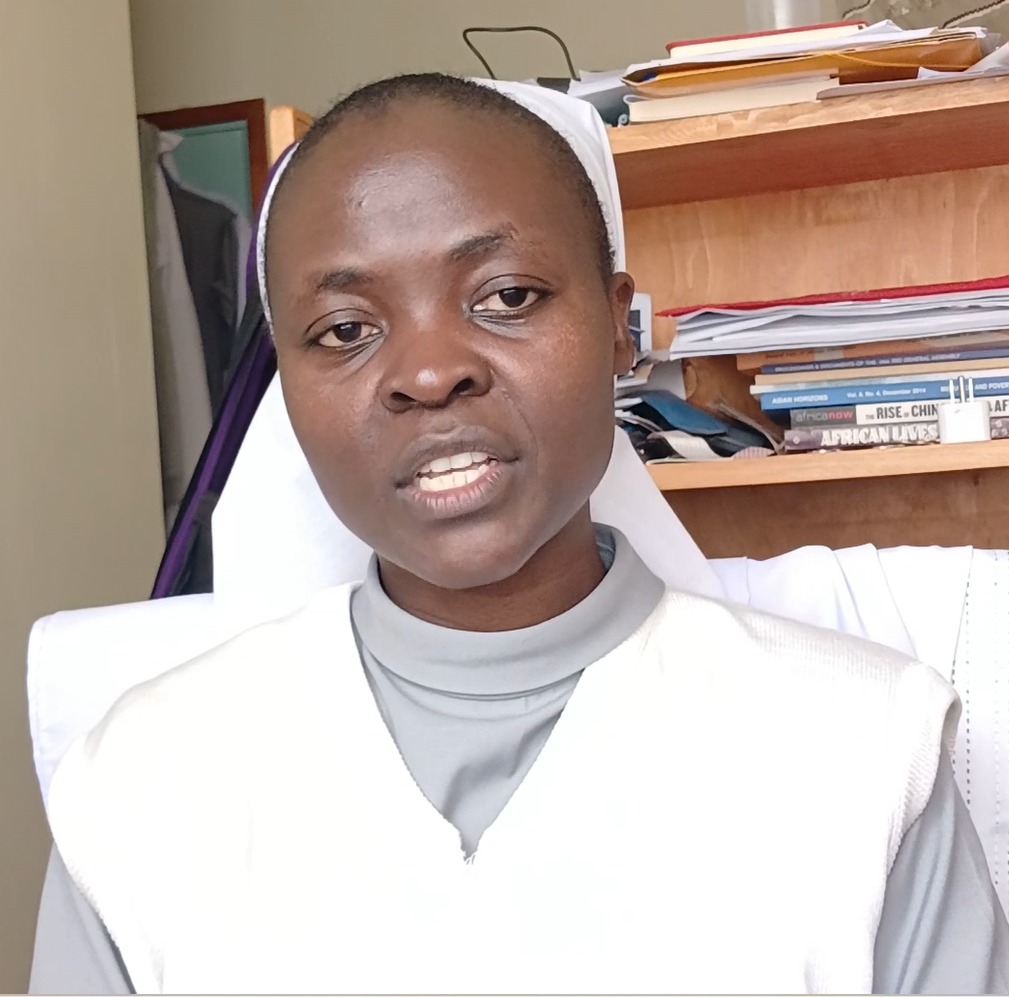
I left the house to attend to an errand in Railways. I got to Ngong Road, Motherland to be precise, and joined fellow passengers waiting for the next matatu to town. A minute later, a grey minibus arrived. It was almost full, but there were two seats left at the back. The conductor announced, “Ambassador via Kenyatta.”
A lady went in first. I followed, and after me came a gentleman who had also been at the stage with us. The lady ahead of me went straight to the back seat, which already had three occupants – all men. Two were seated on the back right, and one on the back left. She sat next to the man by the window on the back left. That meant there was one seat left, in the middle of the back seat. Since I had entered after her, I took that seat. The matatu started off towards town.
The man seated on my extreme right was on his phone, speaking in Gusii. A short while later, around the Prestige area on Ngong Road, the man seated immediately next to me, also began to speak on his phone. He too was speaking in Gusii. But the moment he opened his mouth, I was hit by a stench so bad that it almost made me want to puke. My immediate instinct was to relocate. But there were no available seats. I had no option but to sit still and endure it. The man continued speaking, and the smell lingered for a while.
When we got to Kenyatta, near the traffic police station, the man on my extreme right alighted. That left one man on my right. He then shifted to the seat next to the window, and shortly after, the bad smell subsided. The matatu proceeded towards town via GPO. Around the former Hilton Hotel, the conductor asked us to alight because there was heavy traffic ahead. We all got out. A few passengers walked ahead of me, and then I followed. Since I had alighted, I needed to cross the road and find my way to Railways.
I started walking, expecting to see Kencom House and the many buses that usually park there, but nothing looked familiar. The more I walked, the stranger the surroundings became. I kept going, trying to make sense of where I was. At some point, I spotted KICC and the Supreme Court on my left, a few metres away. I thought I must be on the right track, yet nothing still made sense to me. As I walked further, I saw Nyayo House in the distance and matatus driving back and forth. By now, my head felt heavy. I was becoming drowsy. Still, I kept walking, even though I had completely lost my bearings. Fear began to grip me. I knew something was wrong. Thoughts of being drugged flooded my mind.

I suddenly remembered a young man who had once shared his story of being drugged in a matatu. He spoke of a strange, bad smell – just like the one I had noticed earlier. At this point, panic set in. I thought quickly: I need to enter the nearest shop before it is too late.
I crossed the road, I don’t know how, but I did. I looked around, but I couldn’t see any shop. I kept walking. Then I passed a building that looked like a bank. Something in my head told me, if you keep walking, it might get worse. You might completely lose it. So I turned back and approached the guards manning the building. I told one of them that I wasn’t feeling okay and just needed somewhere to sit until I regained my consciousness. He gave me a chair at the reception, but shortly after, he changed his mind and directed me to a bigger room that looked like an open office. This place was safe. Only staff had free access into the room. I sat near the door. I didn’t know exactly where I was, but I quickly texted three people, informing them that I suspected I had been drugged and that I was resting somewhere in town until I felt better. I also pinned my location, just in case the worst happened. Then I leaned back in my chair. Time passed.
I watched young men and women walk in and out of the room. A few young women came in and sat at one corner, chatting. One of them made a phone call and began reading out exam results to her friend. She had scored 70s in most of her subjects. I remember her mentioning conveyancing, and I thought to myself, that must be a law student. She congratulated her friend and promised to take her out for a drink on her bill.
About thirty minutes later, I felt slightly better, though still drowsy. I ordered an Uber and asked the guard to help me key in the pickup location because I still couldn’t tell exactly where I was. I later learned I was along Koinange Street at Rehani House. The Uber driver told me he was at Rubis, but I was not taking any chances. The enemy was still at large. I asked him to come directly to Rehani House. When he arrived, I thanked the guard for helping me and mentioned that I suspected I had been drugged.
Just as I was about to get into the Uber, I saw him – the man who had been seated next to me in the matatu. He was walking towards me, staring at me suspiciously. I looked back at him. He hesitated, then turned and walked away in the direction of Rubis. Whatever he had planned did not succeed. I got into the Uber, and the driver drove off towards Ngong Road, my final destination. I was still drowsy. Still shaken. Still traumatized. But I am grateful. I survived to tell this story, so that all may take heed.
